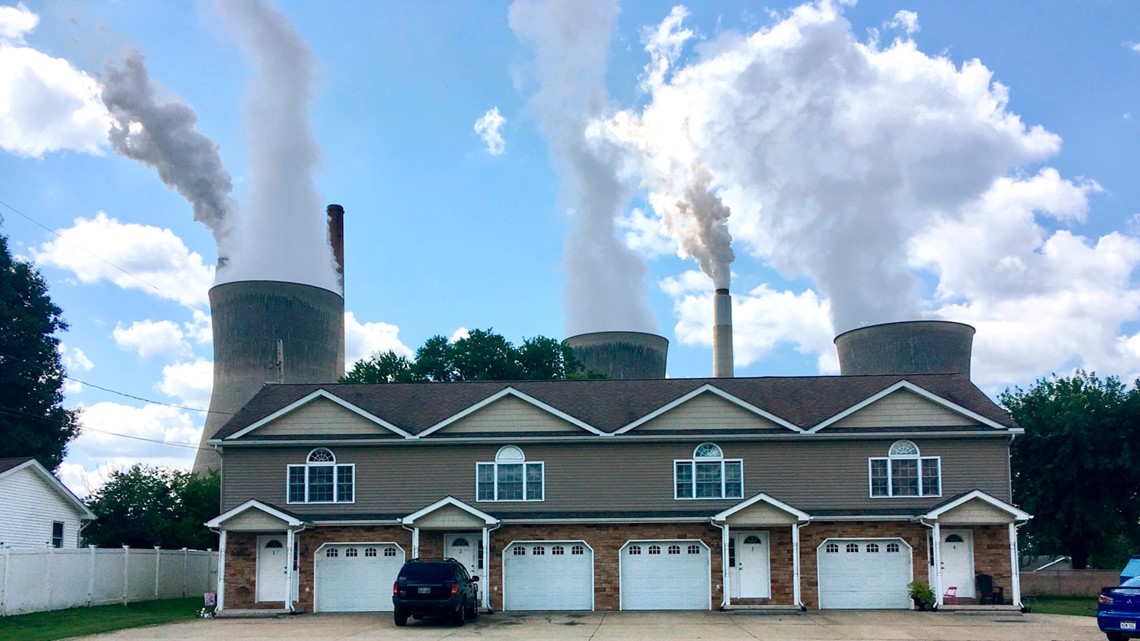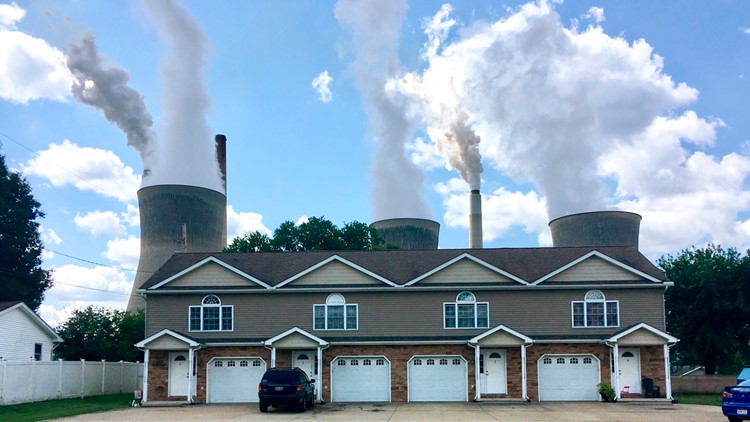WASHINGTON — The Trump administration is gutting an Obama-era rule that compelled coal plants to cut back emissions of mercury and other human health hazards, limiting future regulation of air pollutants by petroleum and coal plants.
Environmental Protection Agency chief Andrew Wheeler, a former coal lobbyist whose clients have gotten many of the regulatory rollbacks they asked for from the Trump administration, was set to announce the final version of the weakened rule later Thursday.
Environmental and public health groups and Democratic lawmakers faulted the administration for pressing forward with rollbacks — in the final six months of President Donald Trump’s current term — while the coronavirus pandemic rivets the world’s attention.
With rollbacks on air pollution protections, the “EPA is all but ensuring that higher levels of harmful air pollution will make it harder for people to recover in the long run” from the disease caused by the coronavirus, given the lasting harm the illness does to victims hearts and lungs, said Delaware Sen. Tom Carper, the senior Democrat on the Senate Environment and Public Works Committee.
The EPA left in place standards for emissions of mercury, which has been linked to brain damage and other ailments. But the agency was expected to whittle down the health benefits that regulators can consider in crafting rules, thus challenging the underlying basis for the 2011 Obama administration rule and others like it in the future.
The Trump administration contends the mercury cleanup was not “appropriate and necessary,” a legal benchmark under the country’s landmark Clean Air Act, and began work in 2018 to roll back the regulation. It has said the change was needed to provide “regulatory certainty” and more precisely calculates the public health benefit of the rule.
The rule change “aims to fix a dishonest accounting mechanism that the last administration used to justify any regulatory action regardless of costs,” Mandy Gunasekara, a Republican policy advocate, told a House committee in February. Gunasekara has since become the EPA's chief of staff.
The Obama rule led to what electric utilities say was an $18 billion cleanup of mercury and other toxins from the smokestacks of coal-fired power plants. EPA staffers’ own analysis said the rule staved off mercury’s devastating neurological damage to children and prevented thousands of premature deaths, among other public health benefits.
Most coal-fired power plants have already made the technological upgrades required by the 2011 mercury rule. Many utilities have urged the Trump administration not to go ahead with Thursday's rollbacks, fearing expensive legal battles will result.


Fred Krupp, president of the Environmental Defense Fund advocacy group, said the Obama-era mercury standards already had proved to be “a resounding success," reducing mercury pollution from coal plants by more than 80 percent. “Thanks to these vital clean air protections, we all have less poison in the air we breathe and the food we eat," Krupp said in a statement.
Coal power plants in this country are the largest single manmade source of mercury pollutants, which enter the food chain through fish and other items that people consume.
In 2017, Wheeler, while still a lobbyist, accompanied coal magnate Robert Murray on some of Murray's calls to new Trump Cabinet members. Murray was pushing a list of desired rollbacks of regulations on coal, as well as asking for major staffing cuts at the EPA and other changes at government boards.
Trump and his administration have granted several of Murray's requests, including scrapping an Obama-era climate change effort that would have encouraged utilities to move to cleaner forms of energy than coal.
Falling, and now plummeting, prices for natural gas and cheaper costs for solar and wind power have made it tough for coal-fired power plants in the U.S. marketplace, leading to drops in coal production and coal energy in the country despite Trump's rescue efforts.


